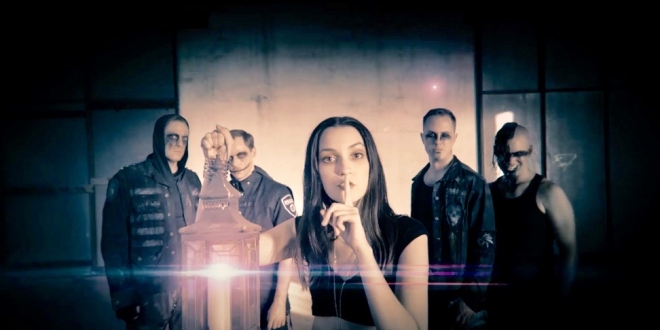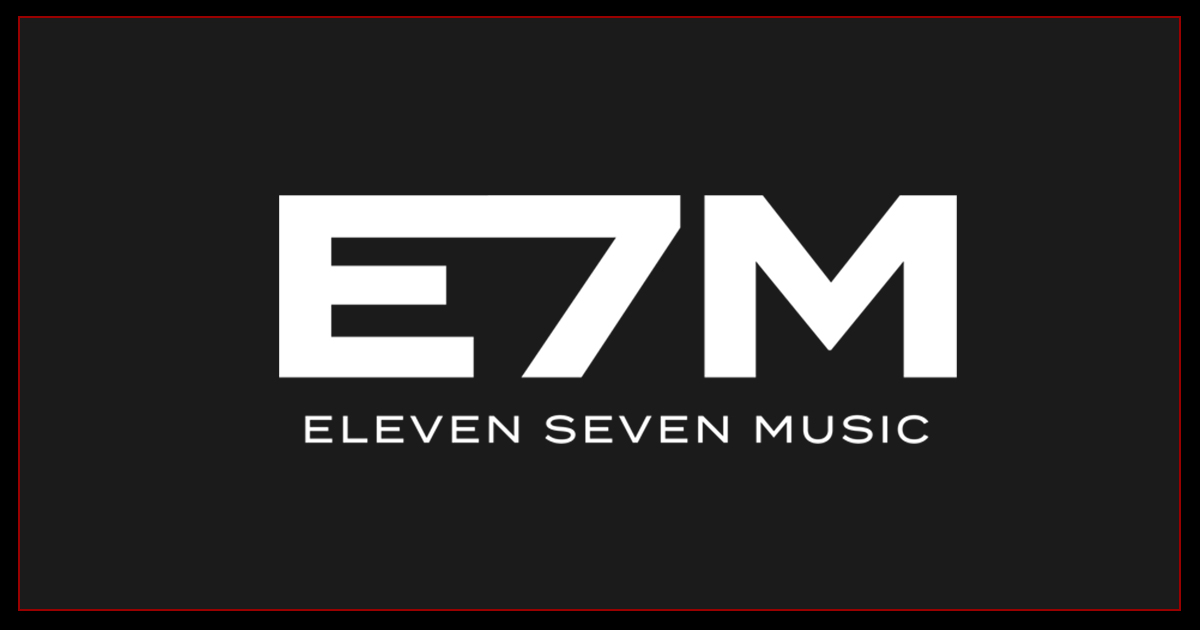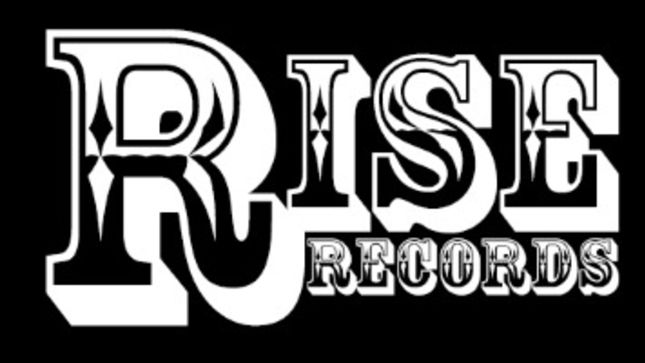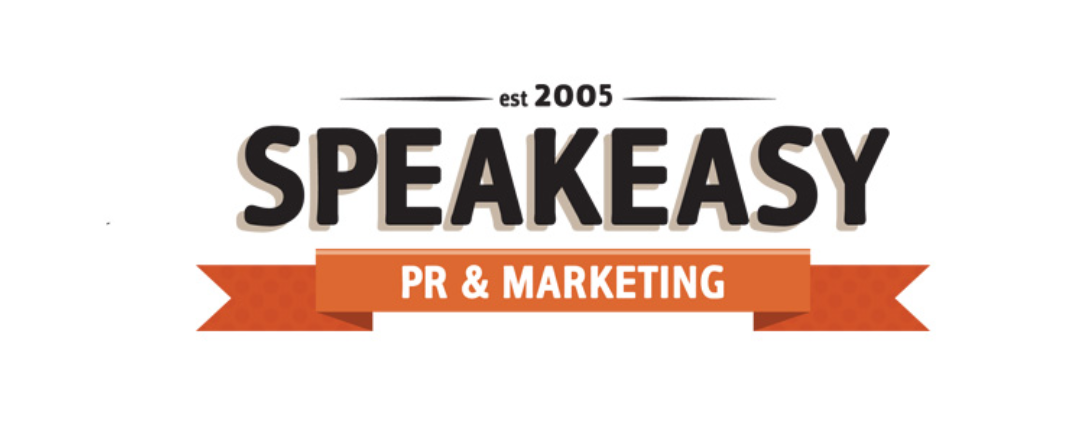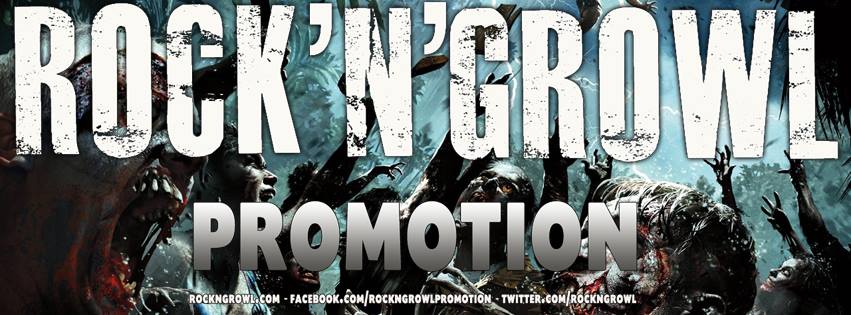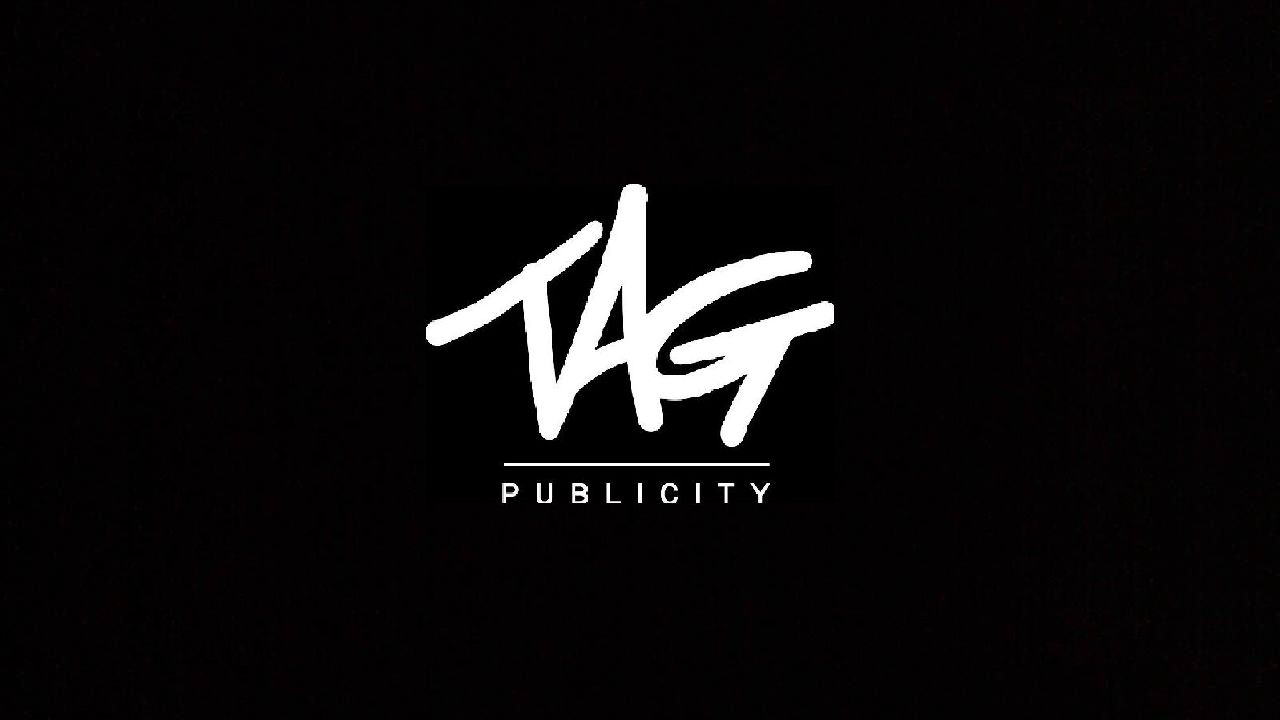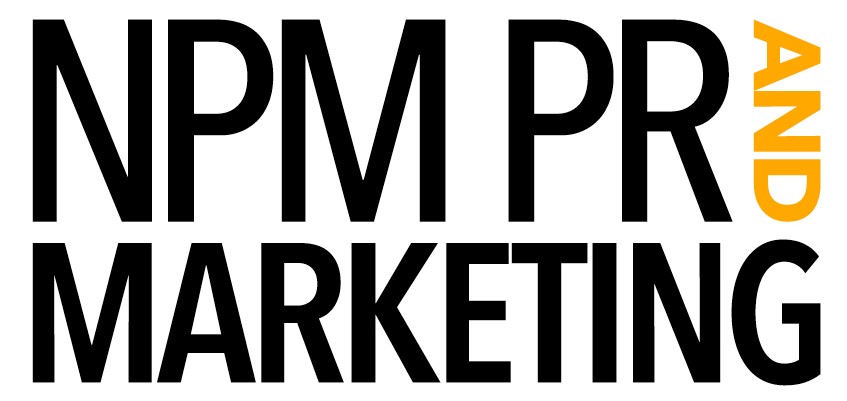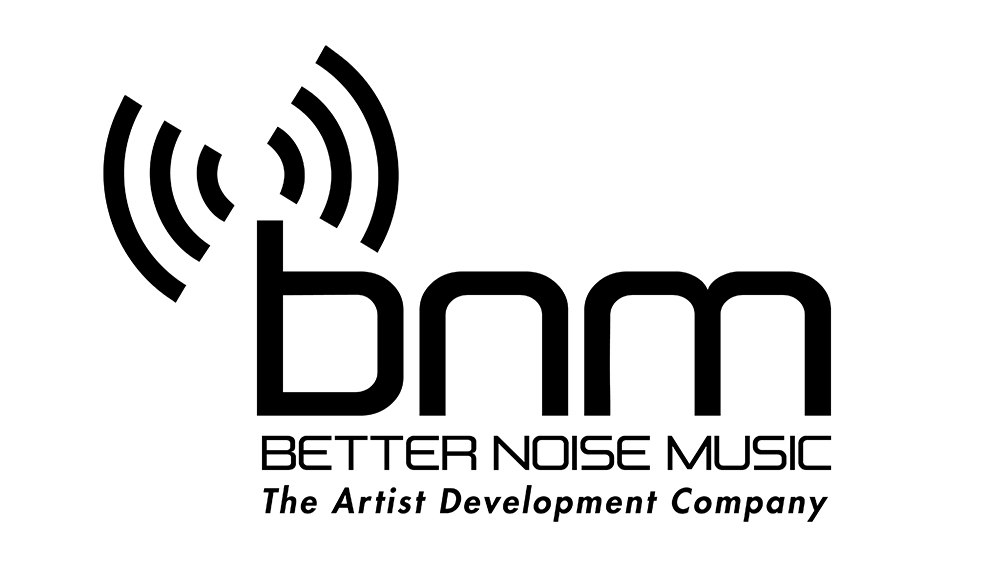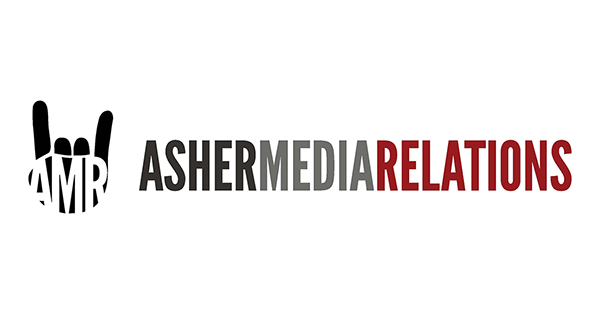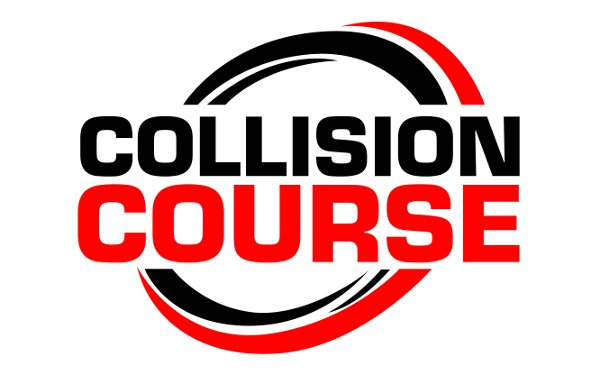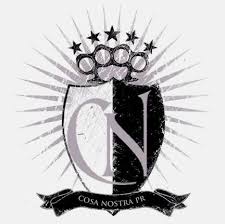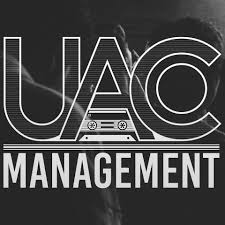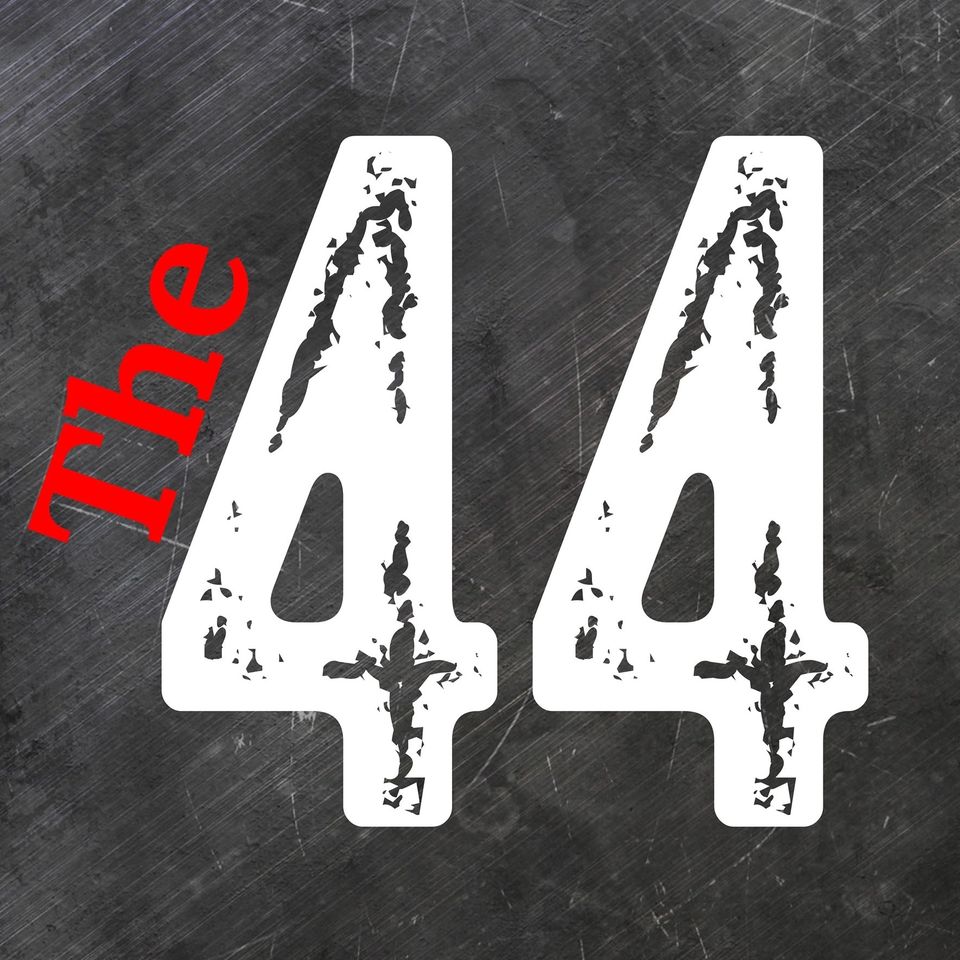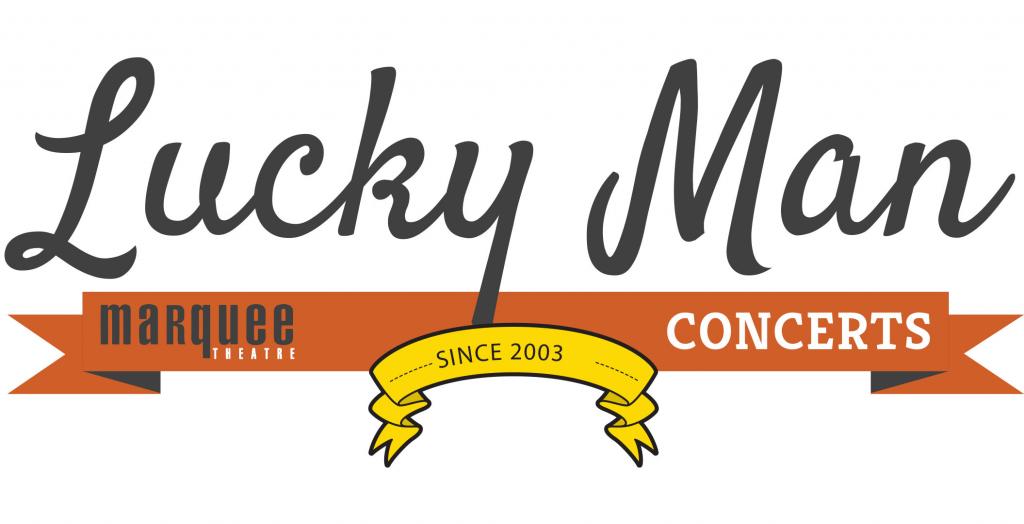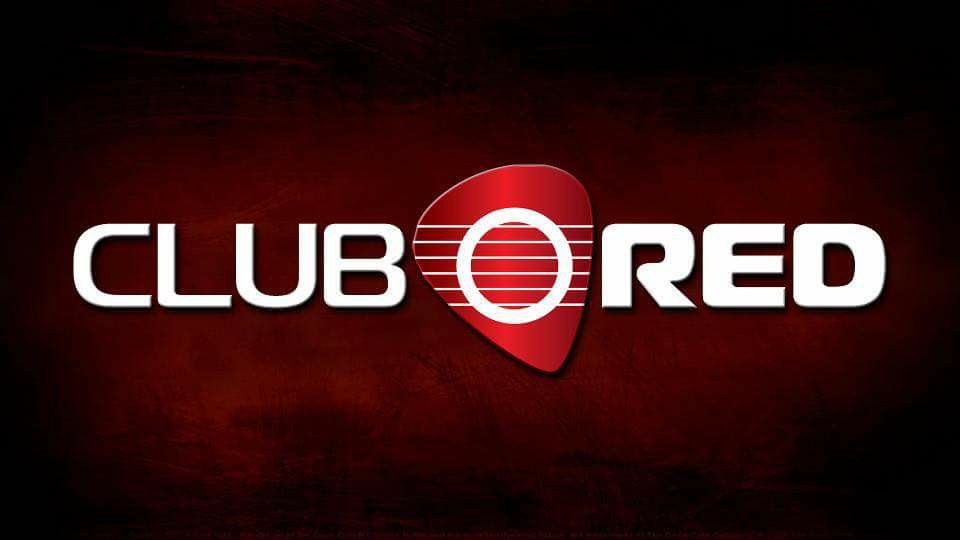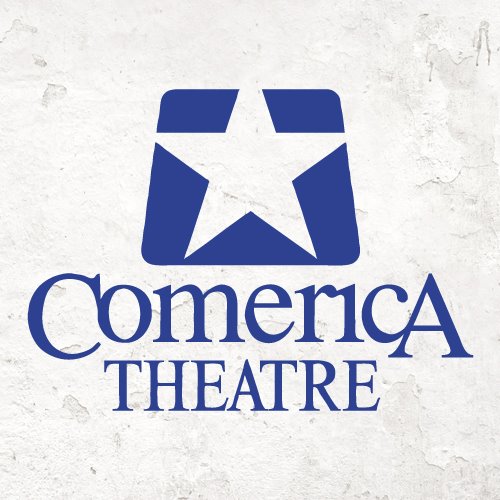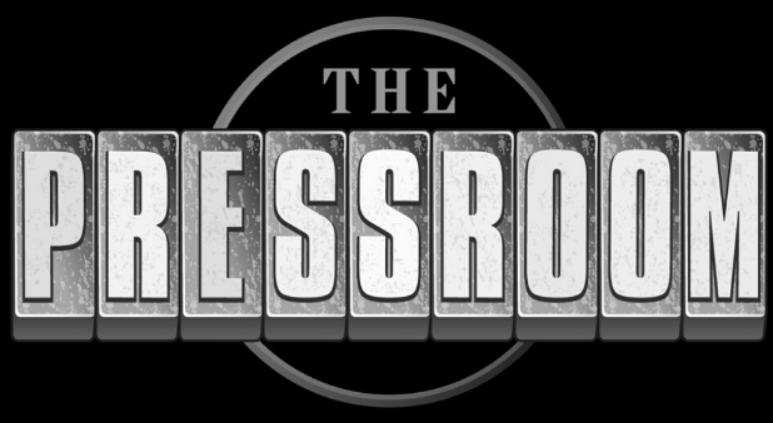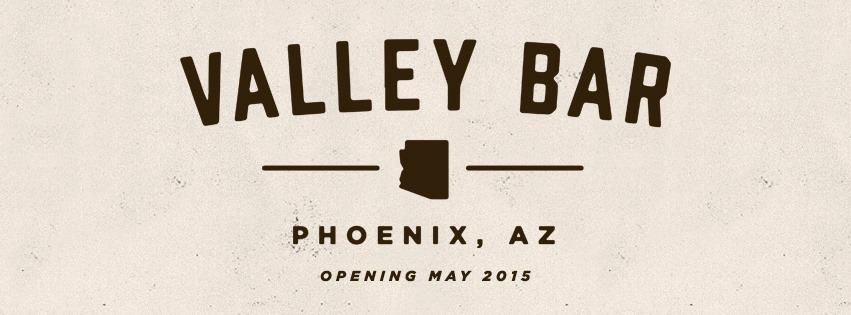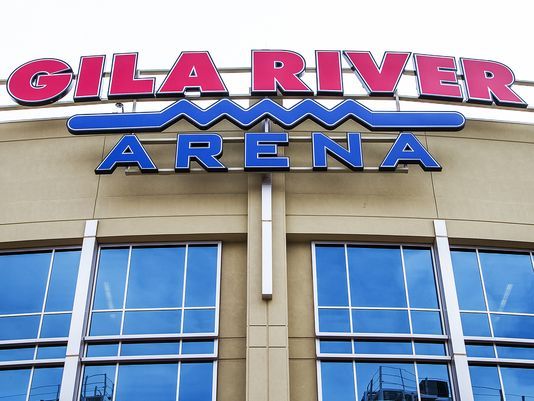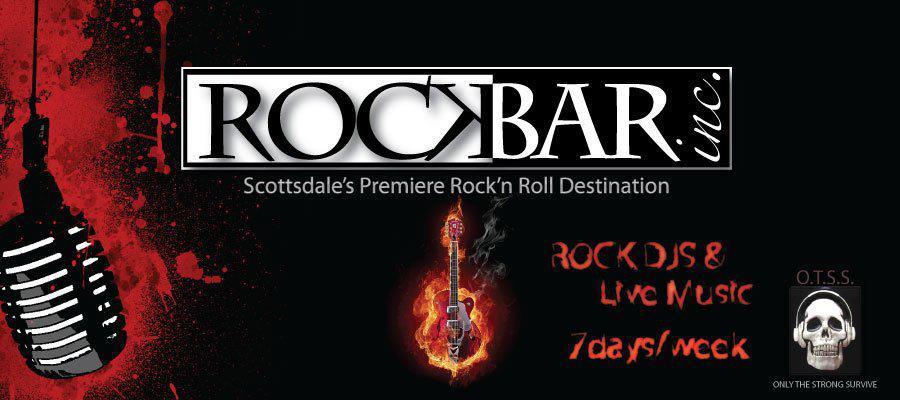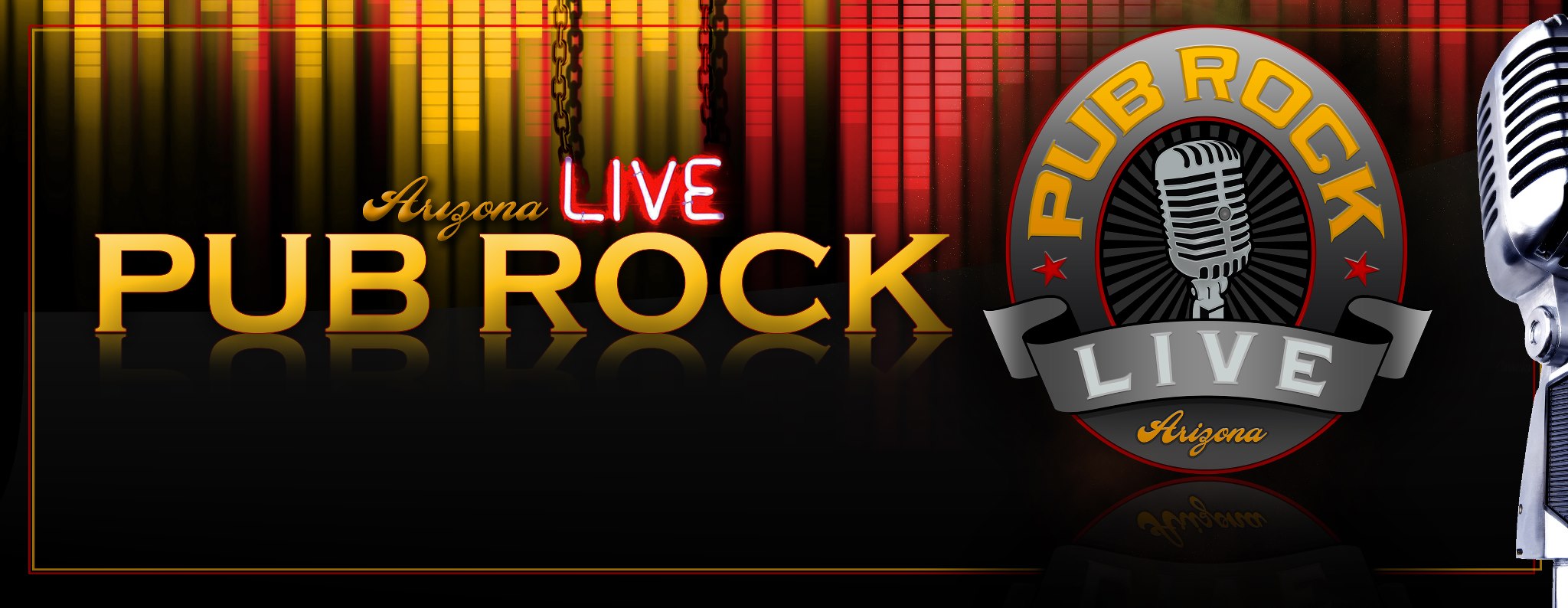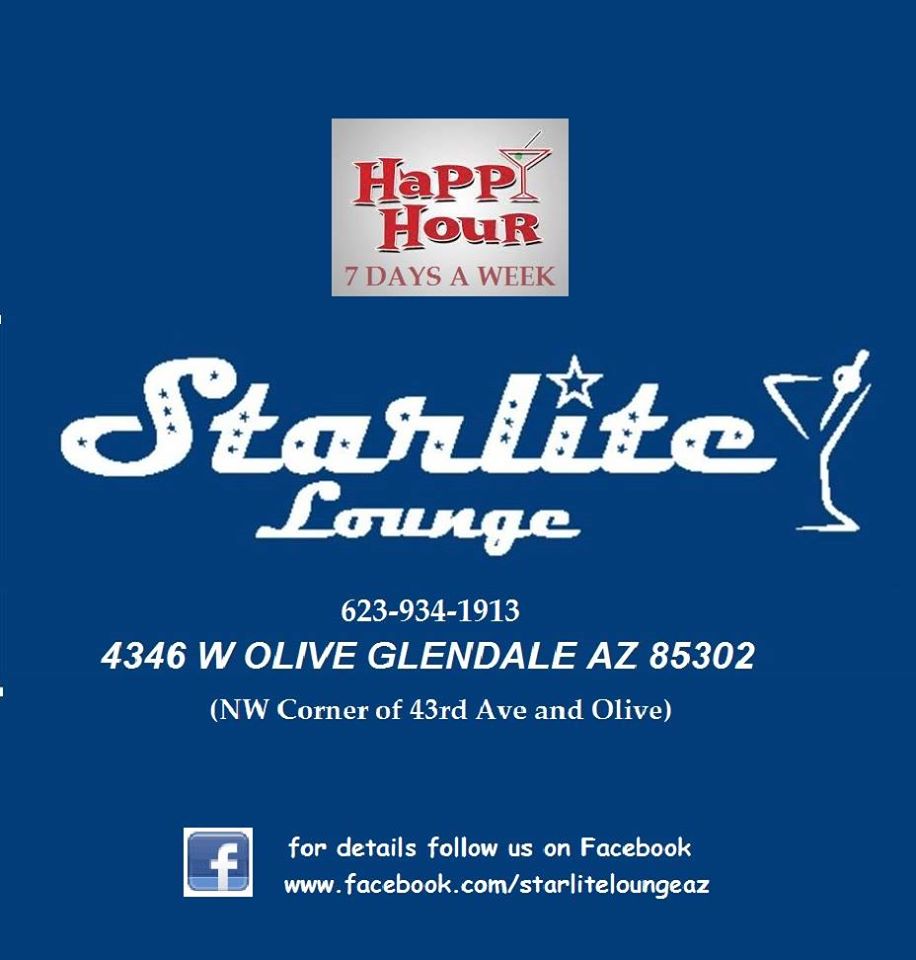Hard rock/metal band Novarium have released their new single “Virus,” available on all digital platforms NOW, with a corresponding music video. Although the members are scattered across opposite coasts, the band has been actively working on new music for their second EP. “Virus” gives listeners an intimate taste of their upcoming work, and showcases a rebirth of sorts for Novarium. A modern take on the fusion of hard rock and metal, “Virus” is a true testament to the band’s continuous evolution, despite the members’ physical distance. Containing both cinematic elements and some retro 80’s influences, Novarium is authentically themselves, allowing ample room for growth, experimentation, and change. “Virus” uses heavy gothic imagery to tell the story of human nature, which they plan to be a recurring theme in their new music.
We had the chance to ask the band a few questions, so please take a moment to learn a bit more about them.
Tell me a little back history on the band. How you formed and how the name came about.
Dean: Our drummer and I are related. We lived in Central Virginia and had been in different bands that for whatever reason didn’t work out before we finally decided to start something fresh. We wrote a few tracks and reached out to Micah (our current keytarist), who at the time was on his last tour with his former band, Bella Morte. We figured if we had something recorded, we could find others in the DC area to complete us when we moved. That was 2008. Fast-forward a bit, and we ended up finding a singer in the area for a brief time. She had been working with a guitarist at the time and wanted to find a way to combine both projects. That’s when we met Sean. As the story goes, it didn’t work out with that singer, but Sean fit perfectly. The three of us finally found a bassist and singer in 2013 which is when we feel Novarium actually began. Again, as things go, we’ve parted with that singer and bassist, leaving the founding members at me, Anthony, and Sean. Micah produced, recorded, and played a bit on our first album, Omicron, which we released in 2016. He’s always been a part of us, so a few months ago we made it official. Carey came in initially as a friend of Sean’s and as our touring drummer. Anthony was unable to play the entire Psyclon 9 tour with us, so Carey came in and played drums. He sat in on the kit a few more times before he finally took over bass duties. We met Jen on tour in 2017. We were playing in Salem, MA with her previous band and there was instant comradery. When we were looking for a singer, she just happened to be parting with her band and the timing worked in our favor. She’s been with us since 2018. Every member in this band is a multi-instrumentalist, and it’s just amazing how well we gel.
As far as the name is concerned, we thought it sounded like the name of a great pharmaceutical that could make us rich. As it turns out, we don’t know anything about pharmaceuticals – or getting rich – so we decided to start a band instead.
Sean: I was told that novarium is Latin for “sexy beast.” With D. Anthony in this group, it would have been criminal not to name the band as such.
Carey: I thought I was signing up for the local catholic church band. I should have known something was up when they kept wanting deeper backing vocals.
Micah: From the moment I met Dean it was apparent that we shared the same love of heavy, yet emotive music. The first time I worked with him it shocked me how similar our sound and writing process were. Over the years we passed so many riffs, ideas, and music production techniques back and forth, and challenged each other to make better music, that eventually it just started feeling like we were in a band together. After all these years, we finally are in a band together, and I couldn’t be more excited to see what kind of sonic mayhem we can unleash.
How did the core members meet and come together?
Sean: I’d been involved in a few different music projects, and my brief involvement with one in particular led me to cross paths with Dean, like he mentioned. I was blown away by the music he and Anthony had been working on, and so I was keen to get in on the action. No doubt moved by pity, they agreed to let me in. Unfortunately for them there’s no take-backs in Novarium, so they’ve been stuck with me ever since.
You just released your new video “Virus”. What was the thought process and creativeness of making this video?
Jen : The lyrics and the story of the video are actually about slightly different things. But the video is our first with the new lineup. So in the video I play this kind of “goddess of the underworld” type of character. She appears to people once they have died. The band members play different characters in the video who died in different ways – they then wake up, in the afterlife, and follow her. She leads them to an abandoned warehouse where they are injected with a substance. This is the “virus inside” and they transform. At the end we have all transformed into our gothic selves, as members of Novarium, ready to rock again. It was really fun to shoot. It can be interpreted in different ways.
Carey: I for one am a huge fan of gritty and detailed sci-fi horror themes, so I really pushed for something along those lines for the first video. I also wanted to portray a dark and sinister world definitively filled with pain, physical trauma and misery, because I’m one of those fun guys at parties. In the end, the finished product differed slightly from the original plan, but the theme and message generally remained the same. Following gruesome deaths in the material world, we (4 gothy bois) wake up in a desolate purgatory and at the mysterious beckoning of Jen, who seems not quite of either world, embark on a journey full of pain, deconstruction and preparation through these shadowed lands toward our ultimate destiny. For likely nefarious but otherwise unrealized purposes, Jen purges our forgotten souls and transforms us into “demons to some, angels to others” through the painful process portrayed. We left the future and past tenses fairly ambiguous with purpose.
What’s your songwriting process like? Is the whole band involved or does one person take on the whole task?
Jen: Usually one of us will bring an idea to the rest of the band. It will usually be recorded at their home and maybe be a verse and a chorus, or something like that. Then we all build off of it, recording our parts at home, and giving constructive criticism. There’s a lot of back-and-forth but I actually find this process very efficient. In my experience sometimes when musicians get together in a room to jam together, it can be super fun and sometimes productive. But often it can also be difficult to stay on task, and people can get sidetracked. Sometimes it can turn into a party atmosphere, which is fun, but much less productive. Personally I enjoy the process of independently working on a song in pieces and parts, and then sending those parts to someone for feedback. I think I’ve also learned a lot this way too, about my own abilities.
Sean: Like Jen said, it usually begins as a solo process. For my part, that means copious hours in the home studio, slouched over with a guitar, seeking and failing to find inspiration, and shaking my fist at the sky, rebuking God, and finding countless people to blame for my inability to come up with a hit song. After doubling over into a fetal position and being reacquainted with my inner, sobbing child, I get back up and start working through chord progressions in C minor. Sometimes this process yields results. I recommend it.
Carey: Blessings from the holiest Bob Saget be upon the chosen that brings the next Novarium song to fruition. For a drummer-turned-bassist, I can’t help but to slap and bang on my bass strings until some combination of caveman-digesting-something sounds makes me think “Yeah, that sounds like a reasonable enough analog to vaguely distinguishable music that with many moons of intensive refinement and pious prayer to Bono or Jeff from the local grocery mart could be a cool chorus or something.”
D. Anthony: Usually it will start with somebody creating an entire idea of a song. From there everybody will do their part and you will see the song take shape. We’re not the typical jam in 1 room and collectively create a song type of band. With distance being an issue, it gets sent via a computer where we send our ideas back and forth. We are still able to give feedback to each other to help make the song better. It’s great creating songs the old fashioned way but now since our music is more accessible to us digitally, we can listen to our songs on our phone giving us more idea possibilities.
Micah: Most of my work with the band has been in an auxiliary role, which has been kinda fun. I get to let everyone else do all the hard work, and just occasionally say things like “maybe this part needs a string section doing counterpoint,” or “have you tried screaming over that part?” Since becoming an official part of the band, I have started working with the material more upfront. Everyone in the band is so creative and talented that I see us being more and more unified in the creative process as we move forward.
How would you describe the music that you typically create?
Dean: We’ll be lumped into the “Symphonic Metal” or “Gothic Metal” categories, which is true on the surface, but we throw in some 80’s synth, some industrial vibes, some acoustic guitar, and classical influences too. We appreciate doom and progressive genres as well. Our bio used to say that we “…marry the doom and gloom of contemporary metal music with the hooks of synth leads and string arrangements of its’ gothic counterparts”. I’d say that’s accurate.
Micah: The scene I grew up writing in was a little more stylistically inclusive then a lot of scenes are now. It wasn’t uncommon to hear goth, punk, electronica, industrial, and metal played back-to-back at a show. The music I like making the most has flavors of all of those things. What Novarium does fits that bill pretty perfectly.
Do you all have day jobs? If so, what?
Jen: Yes and I’ve had a variety of different jobs while also pursuing music. I used to work for a software company, but I’ve also done some work in journalism as a news writer, and in a counseling position for adults with autism and developmental disabilities. I’ve done a variety of office jobs as well.
Sean: Against my better judgment, I do. As a bright-eyed, idealistic young man, I wanted a career that would let me see the world and make a difference, so naturally I chose to work in a cubicle. While I’m sure the rights to my life story will soon be optioned off and made into a Michael Bay film, I’m currently working in cybersecurity for a software firm in Seattle.
Dean: The music industry being what it is, we definitely have to have day jobs to keep the machine going. It can create scheduling conflicts, but ultimately we have a strange addiction to food and electricity so we adjust schedules as needed.
Carey: As you can tell by my peak physical condition and bulging packs of muscle around every bone in my body (skull included) I’ve actually spent most of my working life doing manual labor of various types. At one point I was walking for 9 hours a day, 6 days a week in all (and every) conditions. At another point I was carrying bricks and mixing mortar. I’ve also done some time for ol’ Uncle Sam. If you can believe it based on my musical interests, I also did time in a church running the music and media sector. I don’t recommend it.
Micah: Until recently I was working as a Digital Signal Processing engineer. Now I am back to working on recordings and doing production with my studio. The money is definitely not as good, but it feels great to be doing what I love again.
Who are your biggest Influences?
Dean: Collectively, we’re all over the map with what influences our music. From Lacuna Coil to Type O Negative, from Rammstein to Tesseract and Ne Obliviscaris. We’re also big fans of classical music and industrial, so we certainly try to work those influences in.
Personally, my father is my biggest influence. He’s been a keyboard player in bands for years, and for as long as I remember I’ve been going to watch him perform. He’s the reason I’m doing this.
Well-known influences are the usual George Lynch (Dokken) and Metallica, but bands like Paradise Lost, Katatonia, Kamelot, Type O Negative, and Cradle of Filth get the job done for me.
Carey: Nearly every musical influence and daily choice of listening material for me has an extreme sense of absurdity to it. I grew up listening to such priceless gems as GWAR, Rammstein, Lordi (I don’t care what you think) Stahlhammer, Eisbrecher, Hanzel und Gretyl just to name a few. The commonality in my musical landscape lies in these bands’ ability to inhabit an extreme world of absurdity or satire in terms of their own outlook on music or life in the creative scene, while also delivering it all in such an enjoyable and equally absurd package that you can’t not stuff hungrily into your dilated earholes. I don’t know if I could ever play in a “normal” band again, and sometimes I do struggle to listen to “normal” music. I’ve been ruined by these outer lands. I’m damaged goods.
Micah: While the usual catalog of goth and metal classics will always influence me to some extent, I recently find myself being inspired the most by other musicians I am working with. Bands that I have been doing production work for, like Ships In The Night, and This Hollow Machine have gotten me into making 80’s sounds on modern equipment, and listening to artists like Aphex Twin, Chelsea Wolfe, and Kraftwerk. Playing in a two person industrial band called Knives & Nicotine has gotten me into writing songs that sound massive despite only being a few parts, and listening to bands like Skinny Puppy, Laibach, and Neurosis.
Still being a fairly new band, have you guys toured the US yet? If so, how was the experience and what did you learn from it?
Dean: We’ve been around since 2013 – long enough to have the opportunity to get out of our own backyard for a bit so to speak. We’ve toured up and down the East Coast on our own, but a National tour presents some logistical challenges that we’re still ironing out. In 2017, we were invited on the East Coast leg of the Infektion Divinum tour with Psyclon 9. We were suggested by some friends of ours in the Philly scene, and everything was set up through another band on the bill from the NYC scene. P9 is a seasoned band with a dedicated following, and no one knew who we were. They’re touring in vans and we were touring in our cars. We had a lot to overcome. I think it was the last night of the tour in Cincinnati before the other bands finally checked us out. When you’re the new guys, you have a lot to prove. No one is there to see you. It was also a test of our resilience and resourcefulness. We learned long before that from another band we toured with that no matter what level you are, you’re never too good to be personable and professional with the other bands. It goes a long way just helping them carry their gear.
Carey: I’ve always been a travelling man, and the open road (sky, ocean, whatever your choice medium) is where I feel comfortable. I had a blast on that tour. Got to play on the same tour as one of my favorite bands (second to Novarium, which is everyone’s #1 favorite band of course) meet some new people, and have some unforgettable experiences. It was also my first tour with Novarium, so it had a sense of “I can’t fail these guys, I have to bring and violently spew forth all I got in me onto that stage every night.” As the more misdirected of you may mistake, I did not vomit at any time during the tour but I did go home tired, sore and wired for more. The Cincinnati show would also be the last time I would mistake a fetish lounge for a crossfit gym.
Micah: I toured the US and Europe pretty constantly for almost a decade with my previous band, Bella Morte. I got to the point where the road felt more like home than anywhere else. I’ve only gone out to a few Novarium shows, but what I’ve seen makes me feel like everyone is an experienced pro. I have no doubts that the band has what it takes to crush shows night after night across the globe on our future tours.
Who would you most like to collaborate with if having the chance?
Jen: Personally, (and this might be a long shot) but I would love to collaborate with cellist Tina Guo. She has worked with Hans Zimmer on movie scores, but also has experience performing with metal bands. Collaborating with Lacuna Coil would be cool too. I’m also a big fan of Courtney’s voice from the band Spiritbox. I love everything they do.
Sean: Devin Townsend. Even if my contribution to the project was fetching burritos for everyone or standing in the corner and offering moral support, I would still consider it my finest hour as a musician.
Carey: If all anyone heard from me on the least liked Devin Townsend album was a vague and distant sneeze through the overheads from a neighboring building in the waning silence at the end of the song that Devin most felt that he just needed to throw on the record to make a full hour but publicly hated and never played live except to his disliked and very annoying cousin Steve whom he actually wished would disown him for such antics, I could forsake my entire existence as a functioning member of society and die more ascendant than the most pious of tibetan monks knowing that my search for purpose and place in the material universe was complete; my life now devoid of any further meaning or use. And the guys from Stahlhammer.
As a whole do you all get along with one another or do you have issues like any other band?
Dean: We’ll never be ones to air our dirty laundry, but the boring answer is that our most recent lineup doesn’t have issues for the most part. When you’re working towards a common goal, there’s always going to be disagreement, but we’re all professionals and keep it in perspective. We also have the added benefit of being separated by large distances and haven’t been confined to any spaces lately, so ask me later!
Carey: Disagreement is normal, but how we handle disagreement is a smooth process. I can say with certainty that it is a deep personal pleasure to work with such fine people.
Micah: I’m new, but so far, this group of folks is one of the easiest to get along with, and the most professional that I have worked with in a long time. When issues arise the members seem to handle them in a very logical and democratic way.
If you could go open a show for any artist who would it be?
Dean: I think we’d probably be a good fit on a bill with Lacuna Coil. Aside from putting thought into good music, you have to carefully craft an image (whether you think so or not). Lacuna Coil’s audience is probably similar, and they have that image.
Sean: I second Lacuna Coil, but I’d also hasten to add The Birthday Massacre and for the same reasons.
D. Anthony: I’d have to agree with Dean and Sean. The Birthday Massacre and Lacuna Coil would be my main 2.
How do you feel the Internet has impacted the music business?
Jen: I think the internet completely changed the industry. It made streaming music for free available pretty much everywhere all over the world, so that’s one reason it’s so difficult to make money in music anymore.
People used to buy music all the time but now most people don’t, because it’s available for free. However, the internet made it possible for anyone to reach potential fans. So it also made it possible for people like me, who had no ties to anyone in the music industry in high school or college, to put music out there on the internet and release it. A lot of people who are well-known now for music, would not be able to do it without the internet, especially social media and Youtube. The internet is also awesome for learning anything new. You can find videos on how to do just about anything. So if you want to record in your bedroom but aren’t sure how, there’s a video for that. Need to learn how to edit a video? There’s information on that. So I think the availability of information also made it possible for people to perfect their craft.
Sean: The internet has been a game changer for sure, but just as important has been the ease with which people can record and produce their own music from home. That’s huge. It’s completely democratized the way the game is played. Before, you had to have a few grand in the bank and live near a professional studio. Now, you can spend a couple hours on YouTube and a few hundred bucks on equipment, and turn your bedroom into legitimate recording space. Anyone with musical chops and who’s hungry enough can make a name for himself now. That means the competition for people’s attention is fierce. Not everyone has a shot at being noticed, of course; just those who are willing to put in the work.
Carey: If you’re not familiar with what a Pareto Distribution is, go familiarize yourself with that. Prior to the internet, the lower echelons of the musical Pareto Distribution were lost to and ultimately deleted by the mists of time, only reaching small open-mic-sized crowds at one time and likely being the sole filter through which these undesirable attempts passed simply due to unpopularity. The advent of the internet allowed everyone and their mom (not a joke) to upload and maintain the presence of anything one fancied. Even if The Dark Lord Satan himself could not bear to let that dreadful song play one more time in the background while he makes his last batch of mild wings for when the boys come over for the big game, whatever detestable tripe he rejected from his “indie band” playlist still exists and will forevermore be stored in the infinite back alleyways of the internet. Sadly, he’s definitely heard a couple of mine and thought the same thing. The internet allowed extreme inflation of supply for the music industry. As Jen said, it makes learning and, theoretically, breaking in a hell of a lot easier. But because anyone can do it and more often than not you get the willing over the gifted, it subsequently raises the break-in bar, resulting in a net neutral (or negative maybe) and more Sweet Child of Mine covers than anyone on earth bloody knows what to do with.
D. Anthony: I think honestly that the internet has taken the business part out of the music business. It’s hard now to figure out how to make it a career. Back in the day just getting a record deal usually meant your career was solidified. Now any Joe Shmo can create crap and post it on the internet for everyone to hear. Sometimes the songs that gain a lot of attention are for the wrong reasons. The only plus side is that if you do the legwork, you can post your music online and get it to far more people.
Micah: When I started making music, the internet hadn’t really started affecting the music industry yet. If you wanted to find new underground music you had to go to shows, talk to people, and go to record stores. It wasn’t always easy to find something, but when you did, it usually became one of your bands. At that time bands could still make money doing music. By the time I was playing in Bella Morte downloading and streaming music had become more popular. A lot of sales were lost across the music industry. With the popularity of music on the internet communities started forming around genres, and it easier to find new music. Now, most people don’t even buy music. They just stream it off of some platform. It has made it even harder for a musician to make any money off of music. One silver lining, is that if you like weird music, it is easier to find new things that you like than ever before. I know that I am in the minority for thinking this, but I believe that AI has a lot of potential for helping new musicians. Machine learning algorithms that are used to recommend music have great potential in helping listeners to find things that they never would otherwise. Algorithms that can recommend new songs based on specific musical content and structure instead of traditional genre, or record label are getting better all the time. The money may not be as good as it used to be, and people may have less loyalty to specific bands, but there are some perks. Getting your music heard by someone who it moves is the dream of most musicians. AI can make that an automatic process. Of course the big labels have ways of getting their artists heard more than others, but that has always been the case. The bar to enter is lower than it has ever been for up-and-coming musicians, and fans can find music without going through a middleman. If musicians are able to negotiate better deals, then I think that underground music can thrive in the internet age. As with many things, I think the tools that the internet provides are good, it is just how people are using them that is bad.
If you could change anything about the industry, what would it be?
Jen: That’s a tough question. I think the main way I’d want it to change, is to allow artists to be paid more. I’m not necessarily sure how this would work – because the cat is out of the bag so to speak. Now that music is free on streaming sites, it’s not going to go back. People just aren’t going to buy music the way they did before. But I definitely think there needs to be a more efficient way to get paid as a musician. If there was a way streaming sites could pay artists more, that would probably be a good start.
Carey: I don’t know if change for the better will happen anymore. I can only imagine that it only will get harder from here, in the sense that if everyone has something, then that something isn’t special anymore. As mentioned earlier, it’s harder to make a ripple that matters because everyone on the planet is trying to make ripples. I think if I could hope for one thing, it’s that some companies, individuals, venues, etc. would stop actively trying to rip off musicians because they’re just “another low-tier band on the list”. But with too much supply comes a disregard for the individual I guess, so perhaps it’s just the natural order of things.
With everything going on with all the current events, what is next for you all?
Carey: Keep going. We’ve got stuff to do.
Jen: We’re definitely going to keep making music, but I do think it’s important to reflect on how the world is changing.
D. Anthony: We’re going to keep doing what we’ve been doing. It hasn’t interrupted our plans. We’re just going to adjust and keep moving forward.
Micah: With what is going on in the world right now, things are really tough. There are so many things to be angry about, and it is so easy to want to give up. There are no easy solutions, and so we can only do what we can. For me, music has always helped, whether it gives me the soundtrack to my rage, lets me escape, or helps me to heal a broken heart. So that is what we are going to do. We may not be able to fix any of the world’s problems directly, but hopefully the music we make can help a few people on a personal level.
Where would you like to see the band in the next 5yrs and who would you like to be working with?
Jen: I’d like to see us have a whole repertoire of new music and videos. I’m really happy that the video for Virus came out the way we wanted, and I’d like to continue putting out more content like that.
Micah: In five years I hope that we are living in a better, more unified world, and I hope that Novarium will be headlining various metal festivals in outer space. By that time, I hope that we are working with other intergalactic metal bands, and using space materials for our guitars that allow us to drop tune even lower.
CONNECT WITH NOVARIUM:
https://www.novariumband.com
https://www.facebook.com/novariumband
https://www.instagram.com/novariumband/
https://twitter.com/novariumband
https://www.youtube.com/c/novariumband

